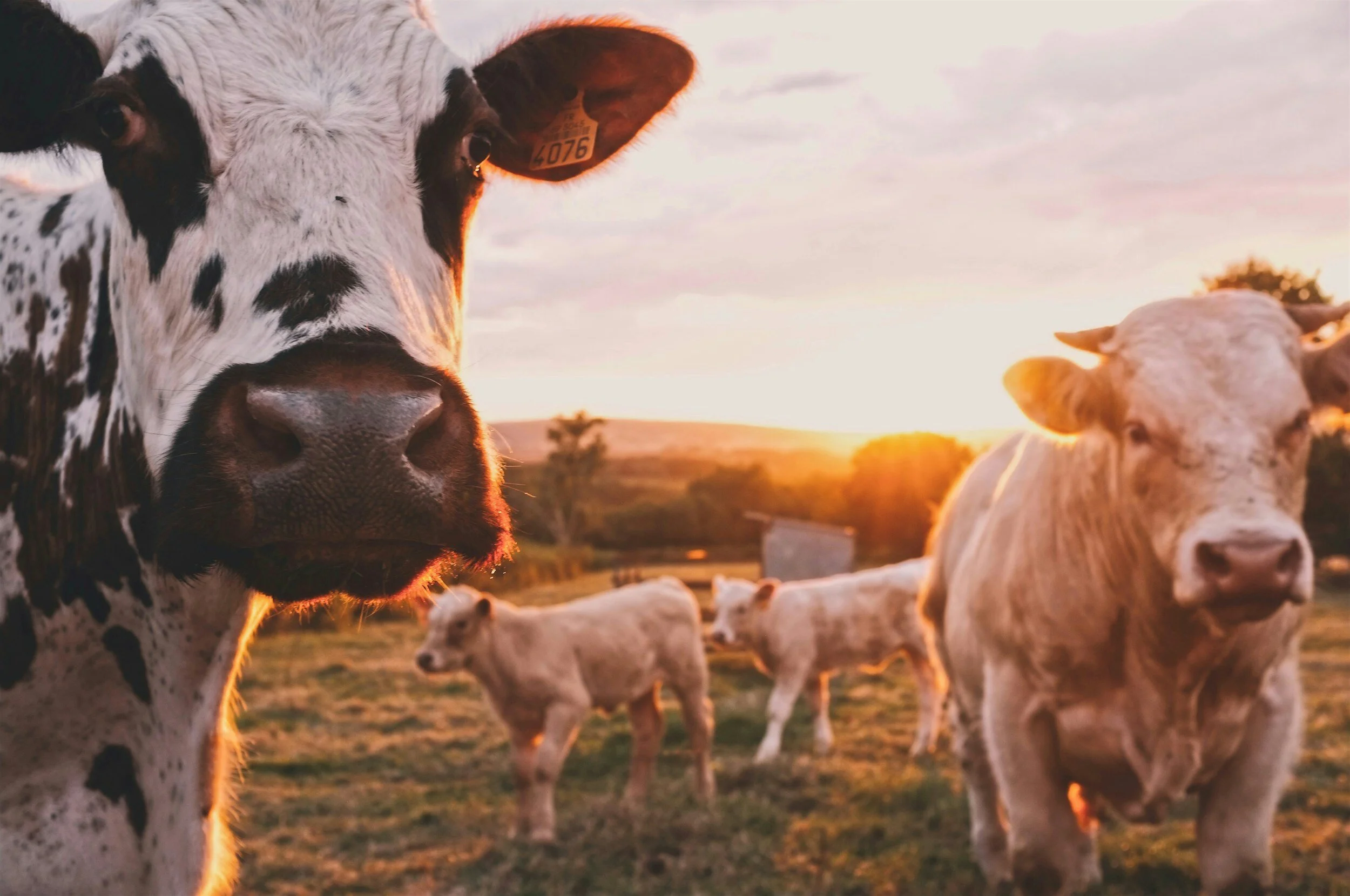Many Paths: the various professions involved in the Farm Succession Process
In April 2006 there was the very first conference on farm succession planning, held in Dubbo. After having my own farm succession experience taking over my wife’s extended family farm in 2000, I had become interested in the topic, so thought I'd go along to see what people were saying.
There was a clear message that came from that conference, the idea of ‘many paths’. Start early, talk about it over a long time, allow everyone to be involved in talking about the outcome that they desire.
And it was clear from that gathering, that there’s several different types of competencies, or professions, that you want to be involved in the farm succession process. People that help you explore the ‘many paths’.
Who do you want involved?
The farm succession process is usually a multidisciplinary model: many disciplines coming together, assisting a group of people - a farming business - progress the farming asset from one generation to the next. It’s always based on need, because every business, farm, and family is different. But the common competencies you want are:
Agricultural consultants - These are people who look at the farm’s productivity. Is it a viable business, how would we improve on productivity?
Accountants and financial planners- who reflect and advise on the cash flow
Lawyers - who help with wills and estates
Facilitators - people like myself, who actually facilitate meetings. Making sure everyone has a say, everyone is well behaved, so they can be creating and generating ideas while they talk.
What do they do, when?
There are several steps to transitioning a farming asset from one generation to the next, and these different professions are involved at different points along the way.
Agricultural consultants, agronomists, are helping to look at the nature of the business, the asset, how productive is it? Is there any way to improve productivity? Because if it can be improved on, that needs to be considered in the process. Agricultural consultants look at systems that are in place, and those that can be developed. They look at productivity, and how to improve things to deliver better outcomes. That directly affects the value of the asset, and the income from the farm.
Financial planners and advisers help with the next bit: the retirement plan. The generation who own the farm need to have a retirement plan. They need to be able to step back - to think about what kind of life they’ll live after transitioning the asset, and how they’ll fund it. They need to reflect on this. At the same time that the older generation are stepping back, the younger generation are stepping forward. That’s a timing issue. So all of this, and the money story that goes with it, needs to be planned.
Lawyers are brought in to advise on wills and estate matters: do people have a will, how will assets be distributed and dispersed. There actually needs to be a plan and process in place.
At any point along the way, particularly when talking about death and retirement and moving off farm, things can become emotionally and intellectually difficult to consider. There might be a pause in the dialogue, or people might stop talking altogether. Or they might need someone to hold space for all the feelings and voices, or someone to manage the meeting. That’s where facilitators like myself come in. It’s not a specific point, and it can be any number of points. I’m there to guide and assist and manage the meetings, so that all the voices are heard, the natural seniority of the group is respected, but also the opinions of people with a small voice can be heard too.
Gregory Dale talks about his role in farm succession mediation, and the other professions that are often involved.



